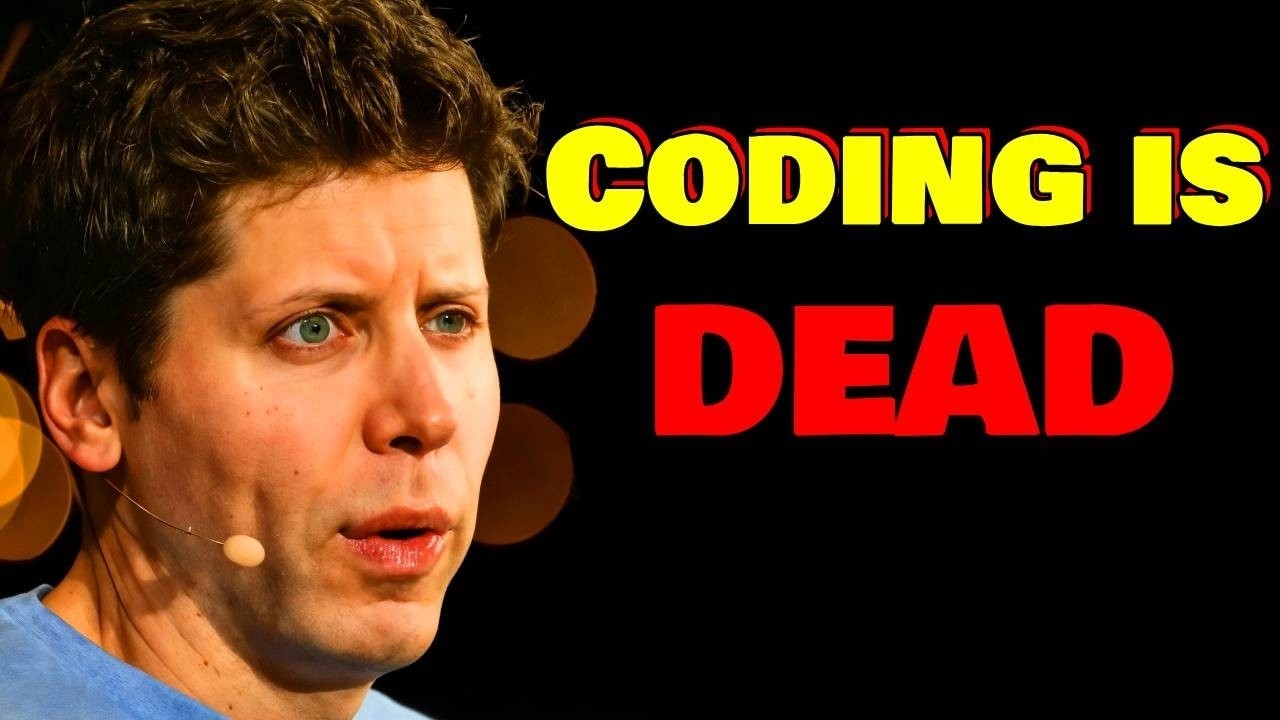OpenAI’s recent paper discusses advancements in competitive programming using large reasoning models enhanced with reinforcement learning, indicating that by 2025, they expect to develop a superhuman coder that surpasses human performance. The research highlights the effectiveness of general-purpose models over specialized ones and explores the implications for the job market, emphasizing the need for benchmarks that reflect real-world software engineering challenges.
OpenAI recently published a paper discussing the advancements in competitive programming using large reasoning models, which are essentially large language models enhanced with reinforcement learning techniques. The paper highlights how this combination significantly improves performance on complex coding and reasoning tasks. The researchers observed that these models are developing unique cognitive strategies tailored to specific problems, indicating a leap in their reasoning abilities. The discussion also references previous benchmarks where models like the 01 and 03 have been evaluated against human competitors, with the expectation that by 2025, OpenAI will have developed a superhuman coder.
The paper outlines the performance of various models in competitive programming contexts, particularly in the International Olympiad in Informatics (IOI). The 01 model, for instance, was initially ranked as the millionth best coder, but subsequent iterations have shown remarkable improvements, with the latest internal model reportedly ranking 50th in the world. The expectation is that by the end of 2025, OpenAI will achieve a model that surpasses all human coders, marking a significant milestone in AI development.
A key aspect of the research is the comparison between specialized models, like the 01-IOI, which incorporates human ingenuity and handcrafted strategies, and general-purpose models like the 03. The findings suggest that while specialized models can perform well under certain conditions, the more advanced general-purpose models can achieve superior results without relying on domain-specific techniques. This indicates that scaling up general-purpose models through reinforcement learning is a more effective path toward achieving state-of-the-art performance in coding and reasoning tasks.
The video also discusses the implications of these advancements for the job market, particularly for software engineers. While competitive programming benchmarks like Codeforces and HackerRank are useful for evaluating AI capabilities, they may not fully represent the complexities of real-world software engineering tasks. The researchers are exploring additional benchmarks that simulate practical coding challenges to better assess AI models’ applicability in real-world scenarios.
In conclusion, the paper emphasizes the potential of large reasoning models to revolutionize fields such as coding, mathematics, and science. As these models continue to improve through reinforcement learning and enhanced reasoning capabilities, they are expected to unlock new use cases and applications. The anticipation surrounding the release of the 03 model and its successors suggests that we are on the brink of a significant shift in AI capabilities, with the possibility of achieving superhuman performance in coding by the end of 2025.
